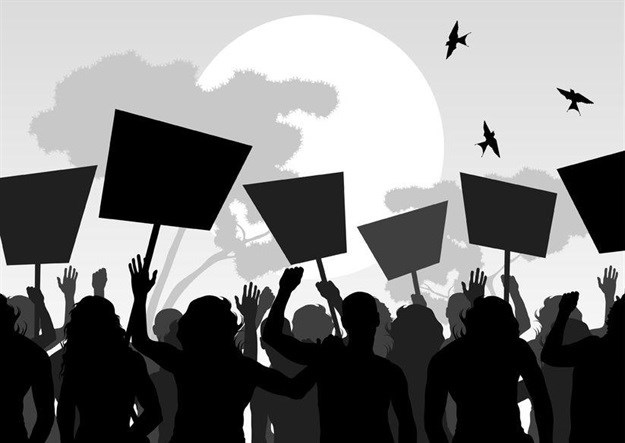Where a political party intervenes in a strike, any concerns that the employer has must be raised with the political party and not with the trade unions or employees.
The issue of who is accountable when a political party intervenes in a protected strike has now been settled in the decision of National Union of Food Beverage Wine Spirits and Allied Workers (NUFBWSAW) and others v Universal Product Network, after a political party intervened in a strike, displaying banners criticising the employer’s holding company.
The employer contended that the strike was unprotected as it pursued political matters, violence and was not in support of legitimate demands.
In appropriate circumstances, the Labour Court may declare a protected strike "unprotected" because of violence that undermines constitutional values, but it will not do so lightly. A court will intervene where the conduct of employees is not functional to collective bargaining. It is however unclear as to how much violence there should be, in order for a protected strike to transfer itself into an unprotected one.
The relevant question is whether a protected strike may transform itself into an unprotected one when it has taken a political flavour. The Court ruled that it could not find that the strike was no longer functional to collective bargaining because it had assumed a political hue.
Where a political party interferes with a strike and the employer is aggrieved by such actions, the employer cannot hold the union liable; the correct course of action is for the employer to hold the political party and its members accountable for their misconduct and institute action against them. Therefore, the mere fact that a strike has taken on a political flavour cannot transform a protected strike into an unprotected one.




































